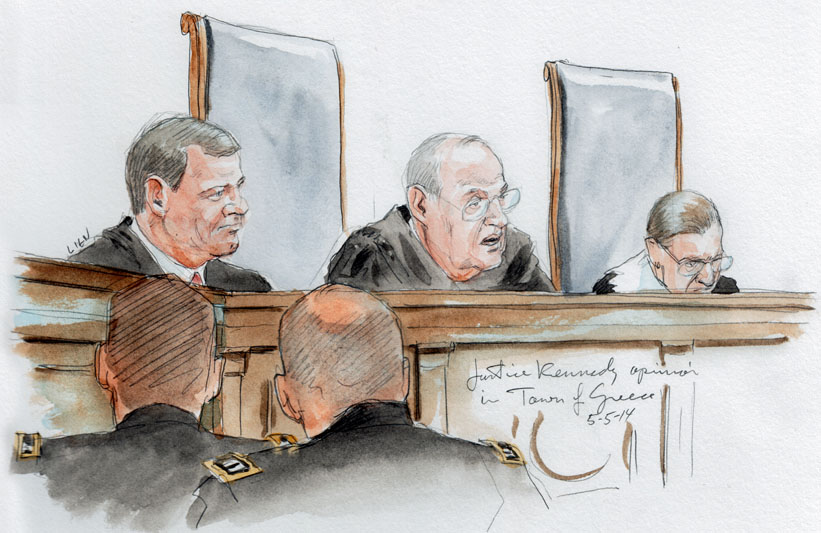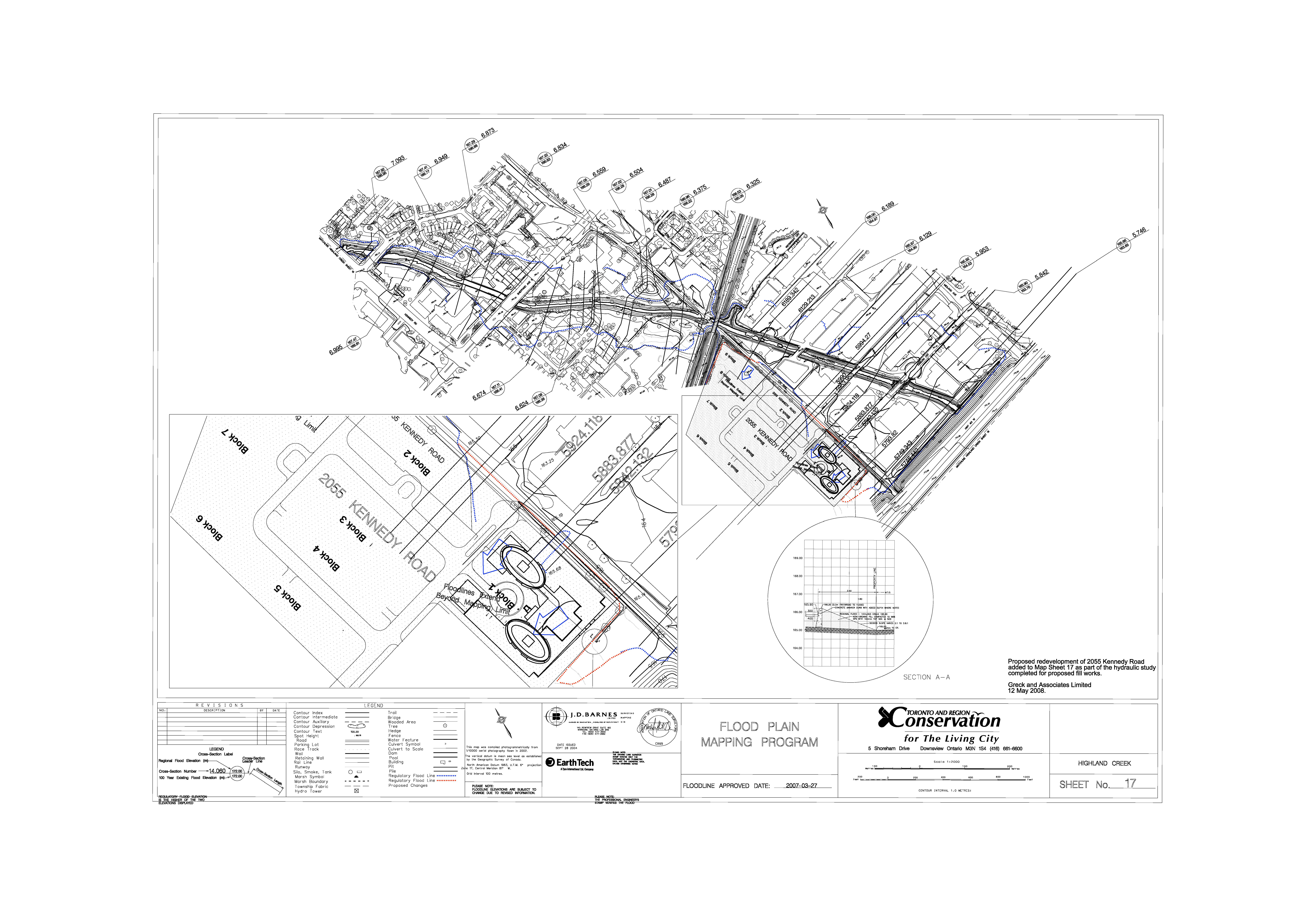

#COBLYN V KENNEDY INC SERIES#
In the workplace, masculinities comprise both a structure that reinforces the superiority of men over women, and a series of practices associated with masculine behavior (performed by men and women) that maintain men's superior position over women at work. Masculinities theory explains that masculinity is constructed in relation to a dominant image of gender difference, ultimately defining itself simply as what "femininity" is not. I thus use case analysis to raise for classroom discussion the following question: Just as law can construct and enforce status hierarchies, might the notion of dignitary rights potentially be made to do positive work in law by disrupting the reinforcement of status hierarchies? Law can reinforce ideas that such subordination is natural to the workplace and market, when in fact those ideas are subject to potential challenge through law just as they are reinforced through it. I show how analysis of dynamics related to socioeconomic class in discussing case outcomes can help expose assumptions about the naturalness or inevitability of the law's withholding of dignity rights to persons of low socioeconomic status.

I discuss cases found in popular casebooks for three course areas in which I teach: torts, employment, and employment discrimination law.
This short Essay explores several potential teaching moments in which one might raise issues concerning the micro-politics of socioeconomic class status.


 0 kommentar(er)
0 kommentar(er)
